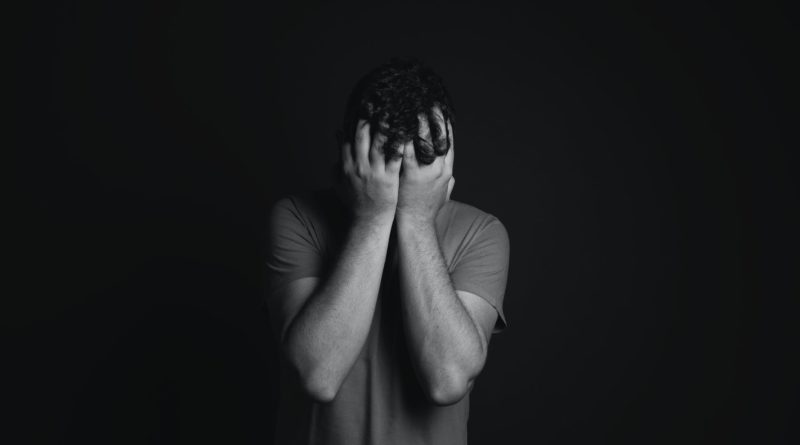The University of Oklahoma Health Sciences Center Receives Grant To Aid In Suicide Prevention
One of the top priorities of the mental health community is suicide prevention, and it’s incredibly important. Especially during times of high stress like a global pandemic, rising unemployment, housing insecurity, food insecurity, and other social and economic and health issues, funding to aid programs is critical. The University of Oklahoma Health Sciences Center has been awarded a 5-year $38 million grant from the Substance Abuse and Mental Health Services Administration of the U.S. Department of Health and Human Services to create a suicide prevention program.
Dolores Subia BigFoot, Ph.D., a professor in the OU College of Medicine, will lead this program, as Dr. BigFoot has extensive experience in suicide prevention programs and initiatives.
We’re coming into this at a very important time, We’re in a new era in which the suicide risk may increase. We want to increase our resources and grow a network of safety for people at risk of suicide.”
Over 48,000 people died from suicide in 2018, and over the last 20 years, the suicide rate has increased by over 35%, which is why programs like this which continue the important work conducted by the Suicide Prevention Resource Center (an organization funded by the SAMHSA), and according to Bigfoot, suicide prevention requires a multi-faceted approach, but is preventable using evidence-based strategies, especially public awareness campaigns.
Among those who may be a much higher risk:
- People living in poor communities, especially rural ones with little access to health care
- People in domestic violence situations
- LGBTQ+ people
- Ethnic minorities especially American Indians and Alaskan Natives
- The Elderly
- People with substance abuse or mental health issues
- First responders also experience a high risk of suicide especially after major events like 9/11 or the Boston Bombing.
President Joseph Harroz Jr. spoke on this new program and on Dr. BigFoots specific expertise to lead this project:
By combining her medical knowledge and deep understanding of Native culture, Dr. Dee Bigfoot has expertly developed culturally responsive treatments to better serve Indigenous populations, who unfortunately face significant inequities in health care, including proper mental health support, This transformative grant will amplify the scope of her important work across tribes and other vulnerable groups, literally saving lives and preserving communities and cultures.
BigFoot’s goal is to focus on workforce development and training people who work in settings where they have regular opportunities to discuss suicide risk. Such as clinics, hospitals, schools, and colleges. The goal is also to make suicide screening a standard practice in these settings. If workers, teachers, and clinicians can be trained to recognize the signs that a person is at risk, and be able to discuss, they can help those people to get the help that they need.
This program’s partners include the American Psychiatric Association; Columbia University; the Education Development Center; Vibrant Emotional Health/National Suicide Prevention Lifeline; and the Southwest Prevention Center at the University of Oklahoma Outreach.
Today, there are 410 Mental Health Grants listed on GrantWatch.com. They are several grants for suicide prevention listed among these.

